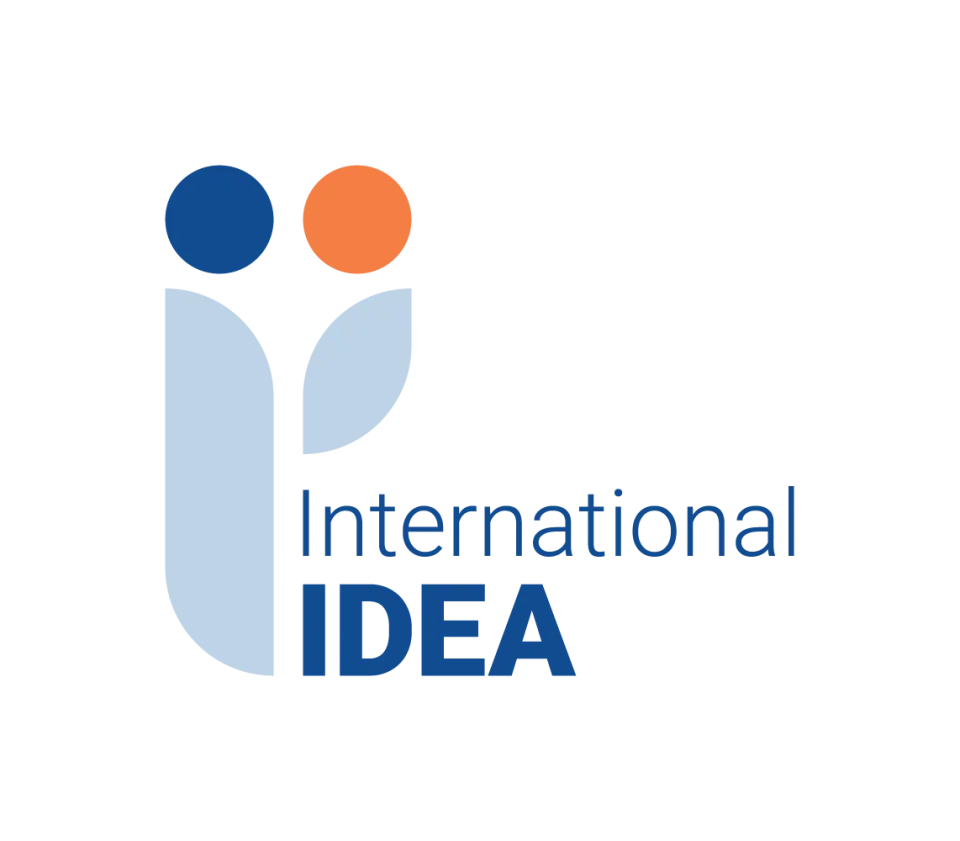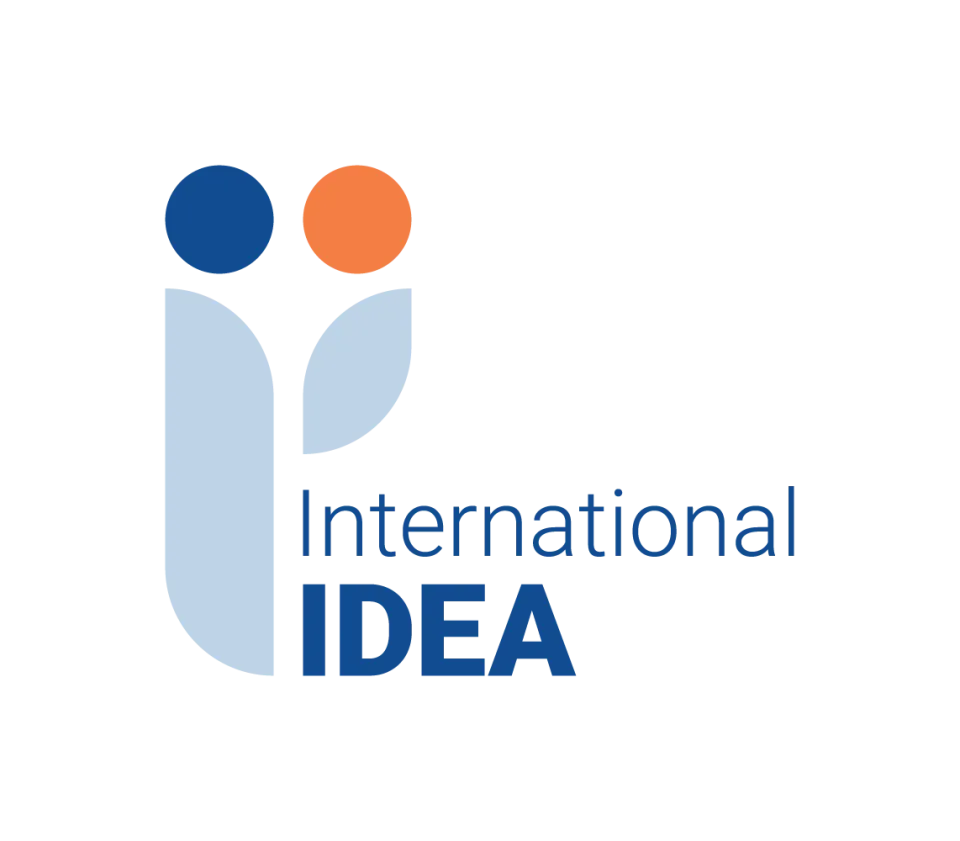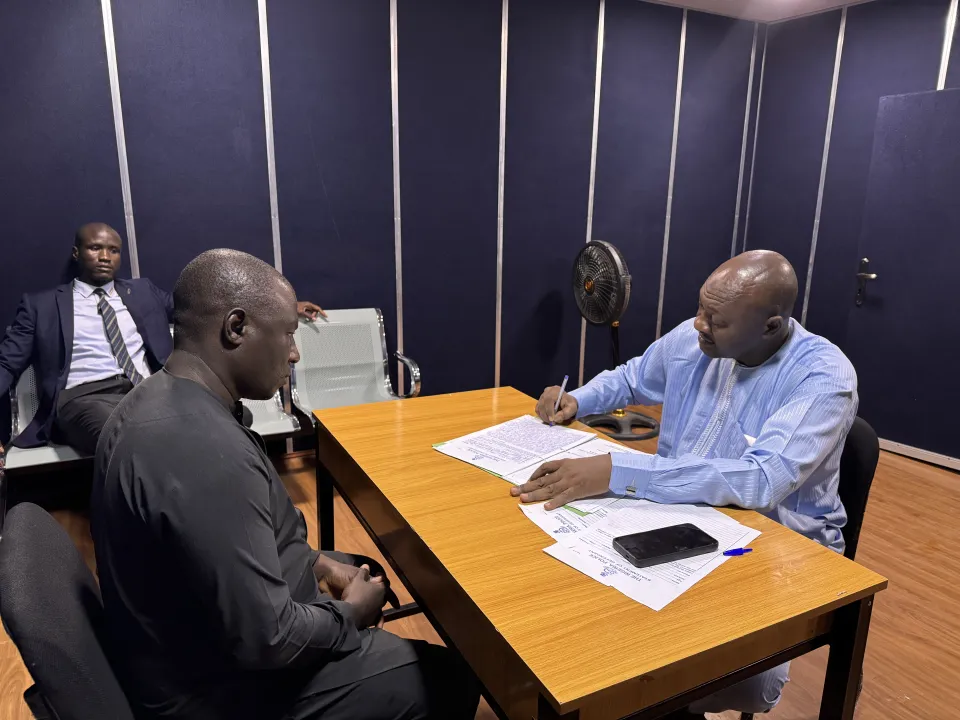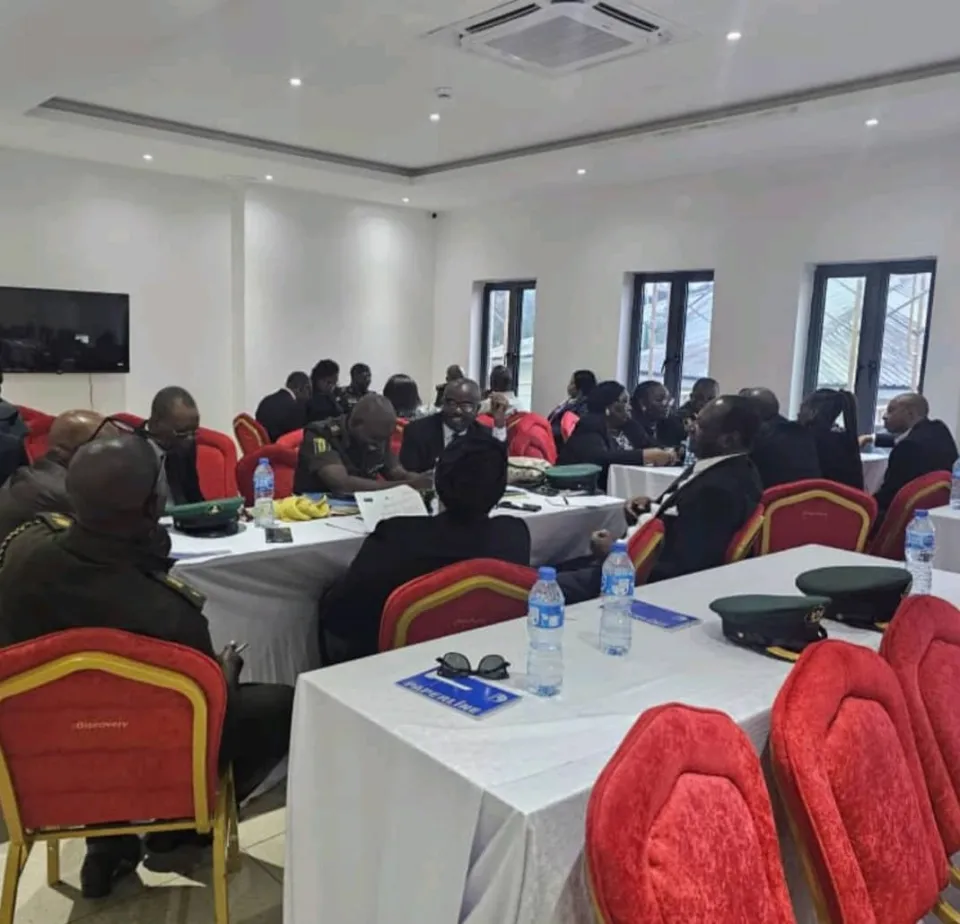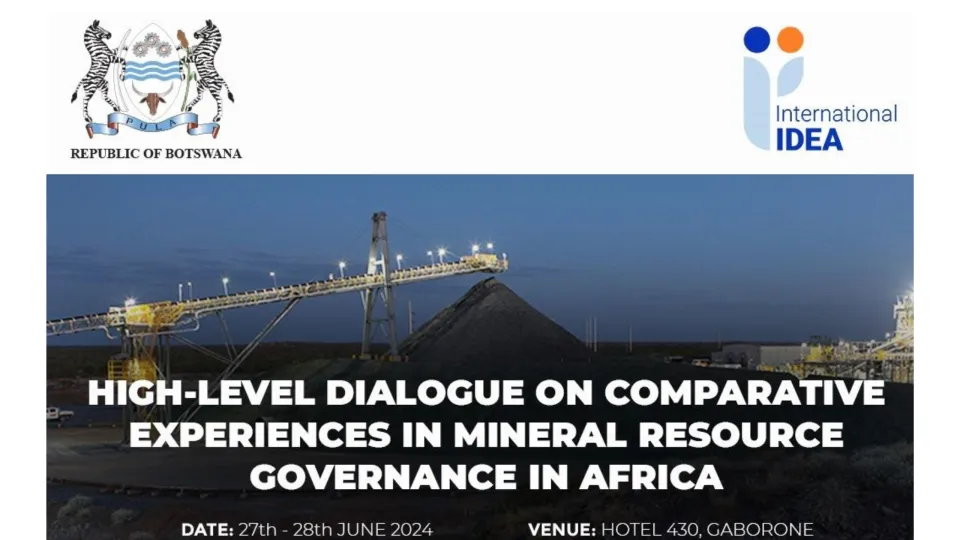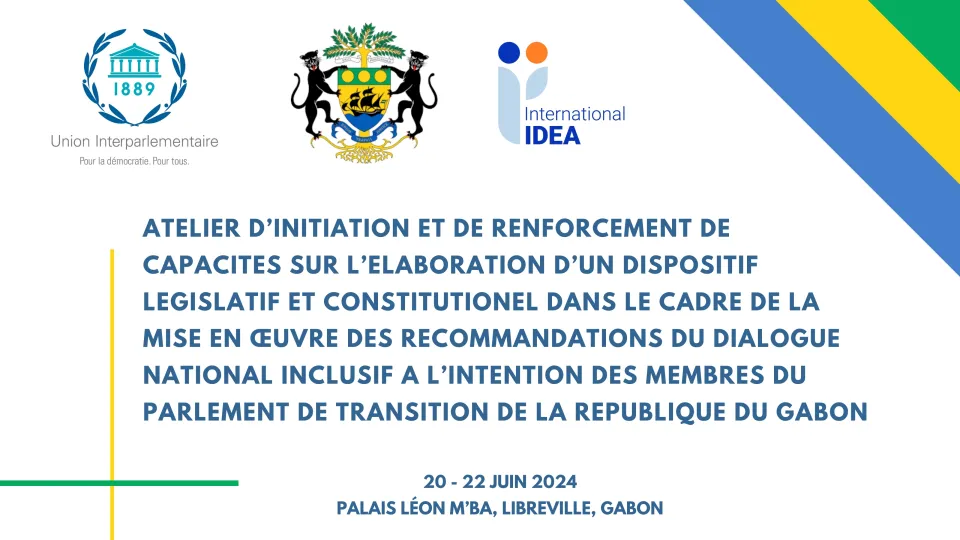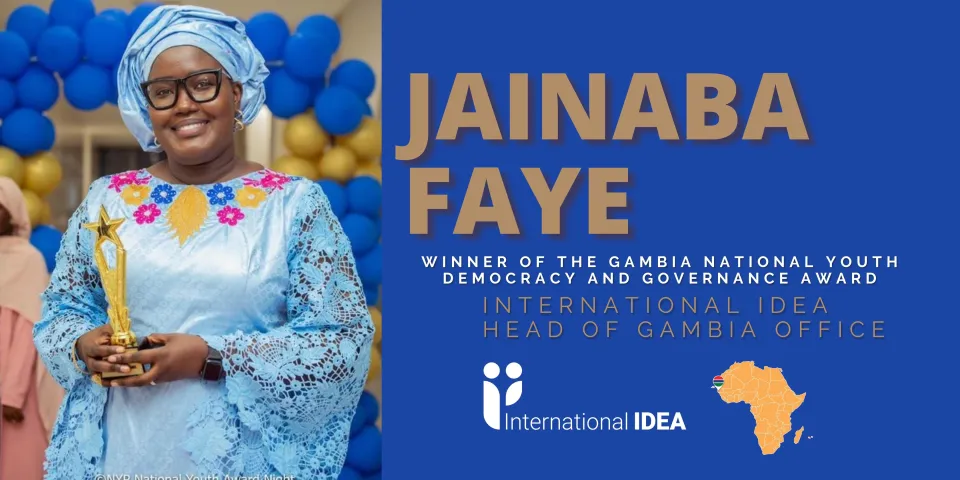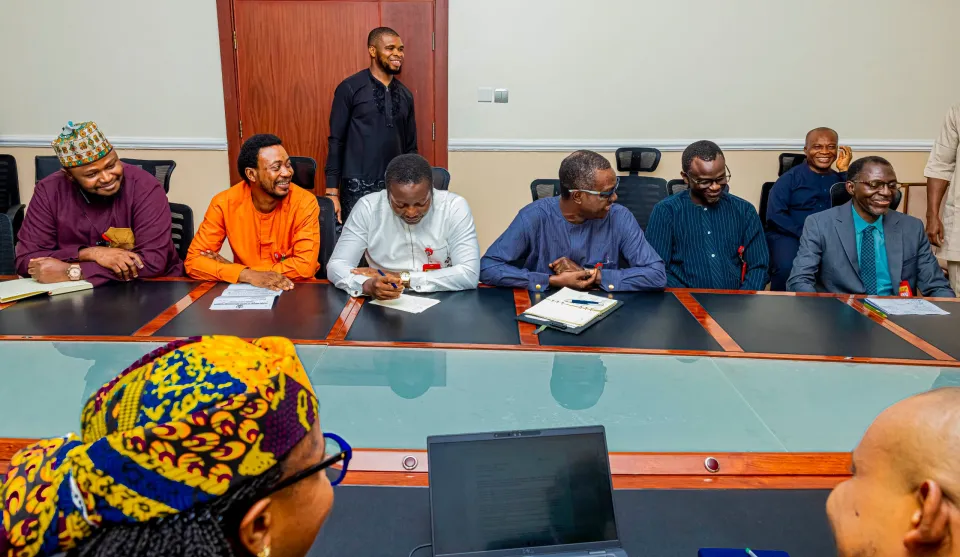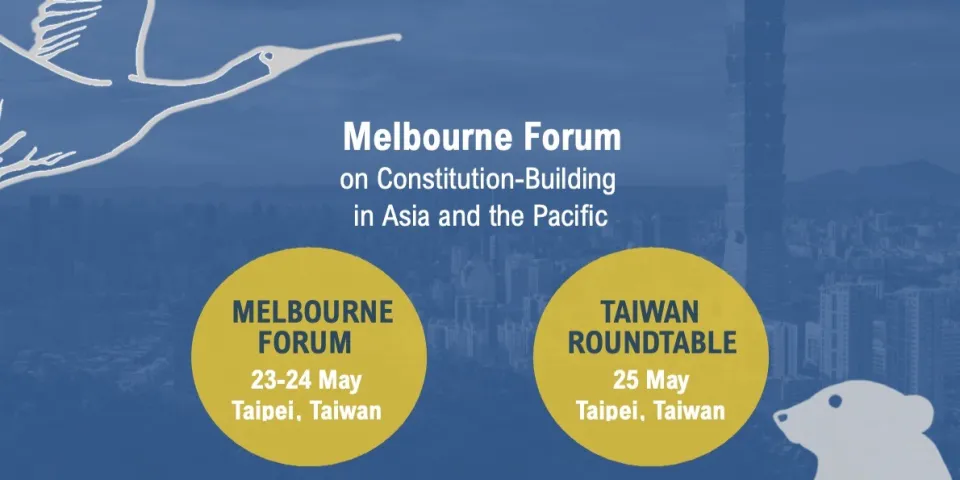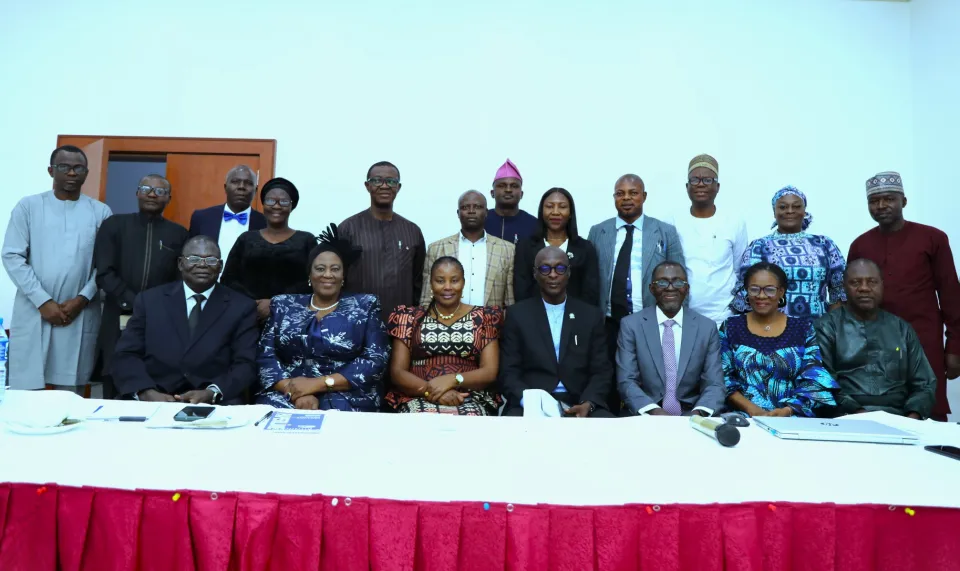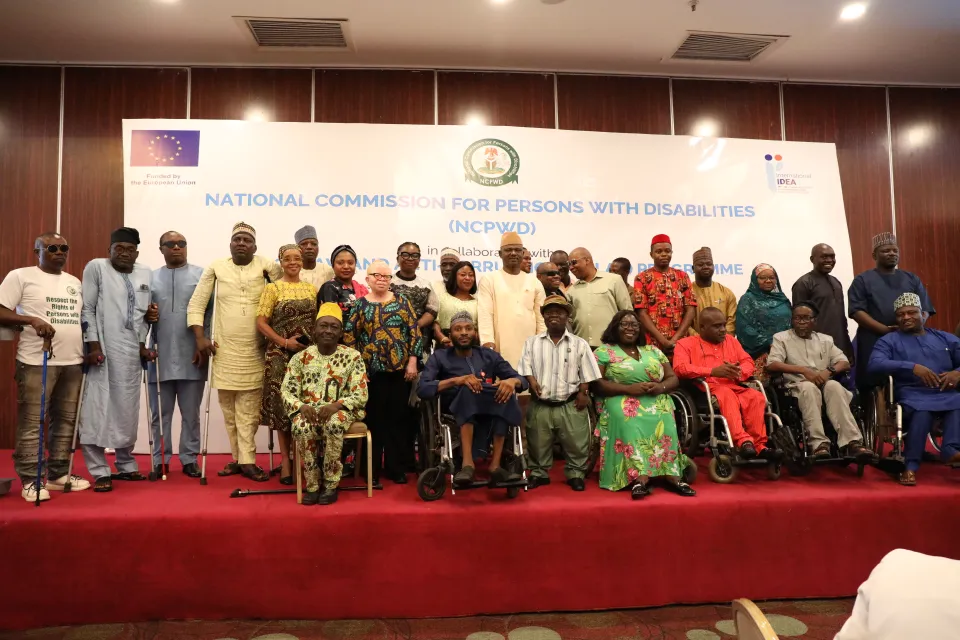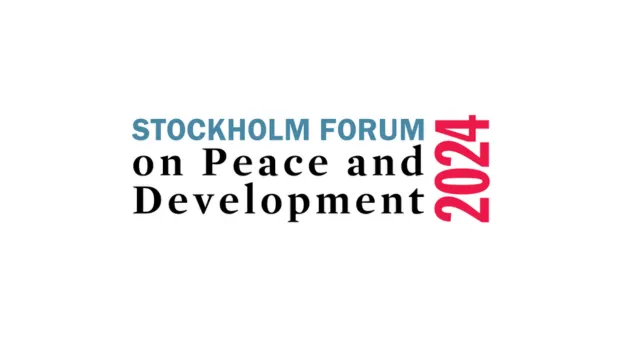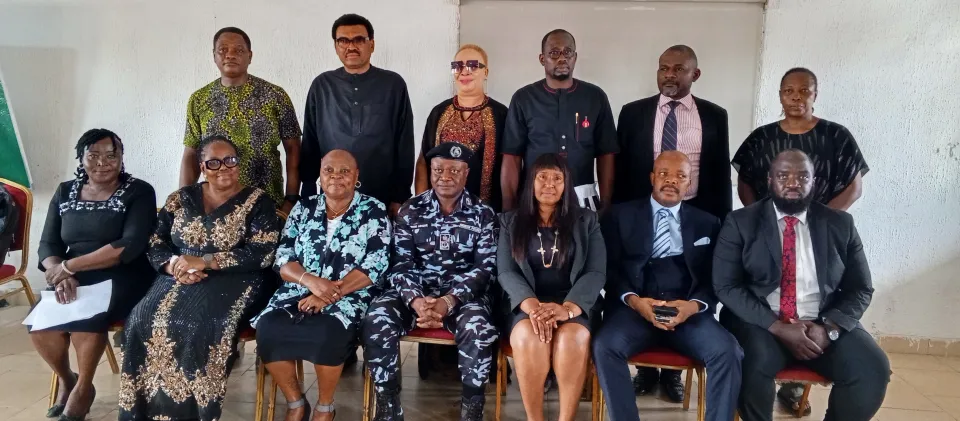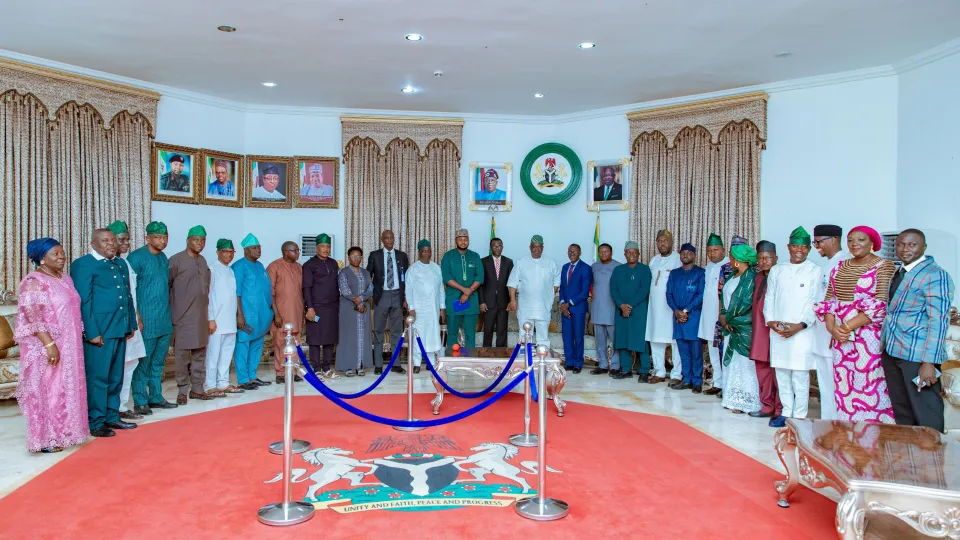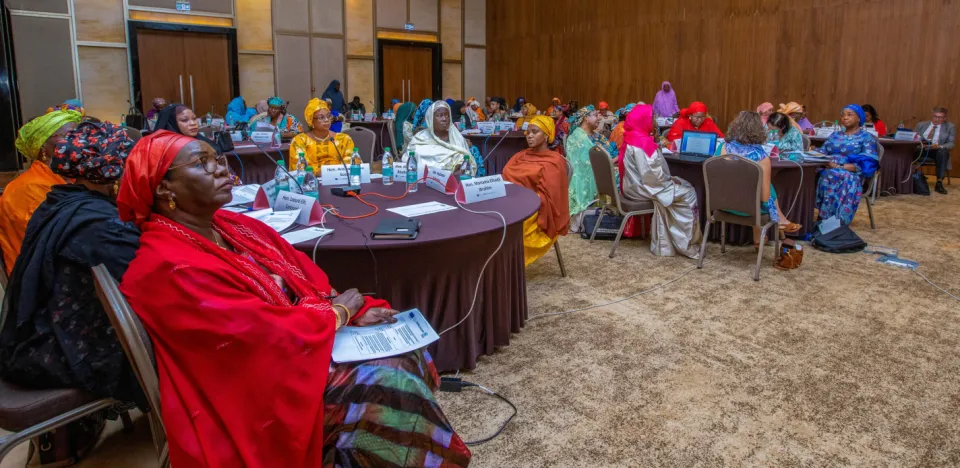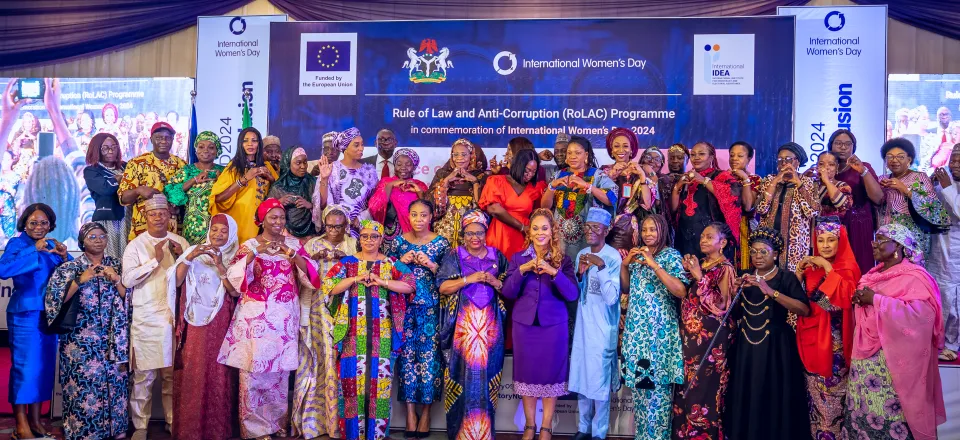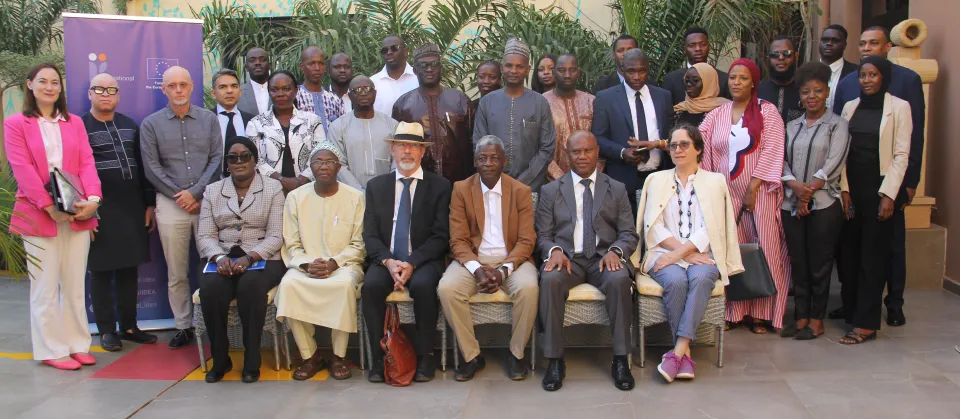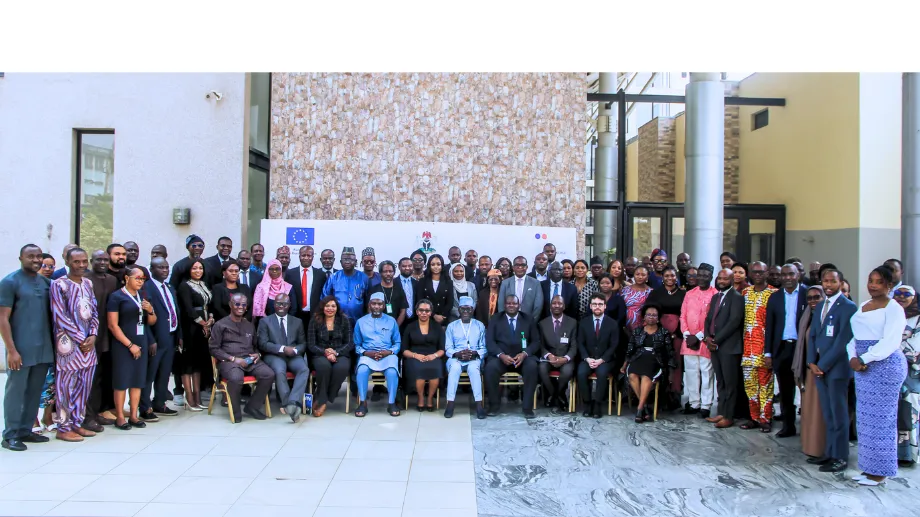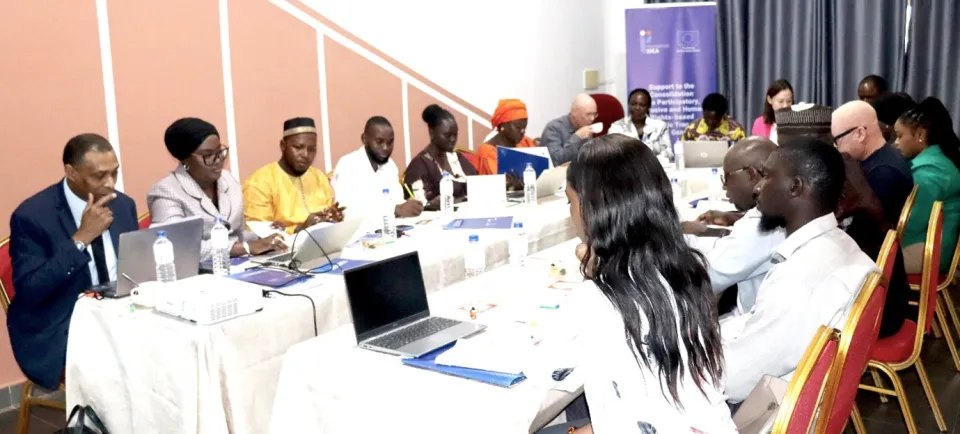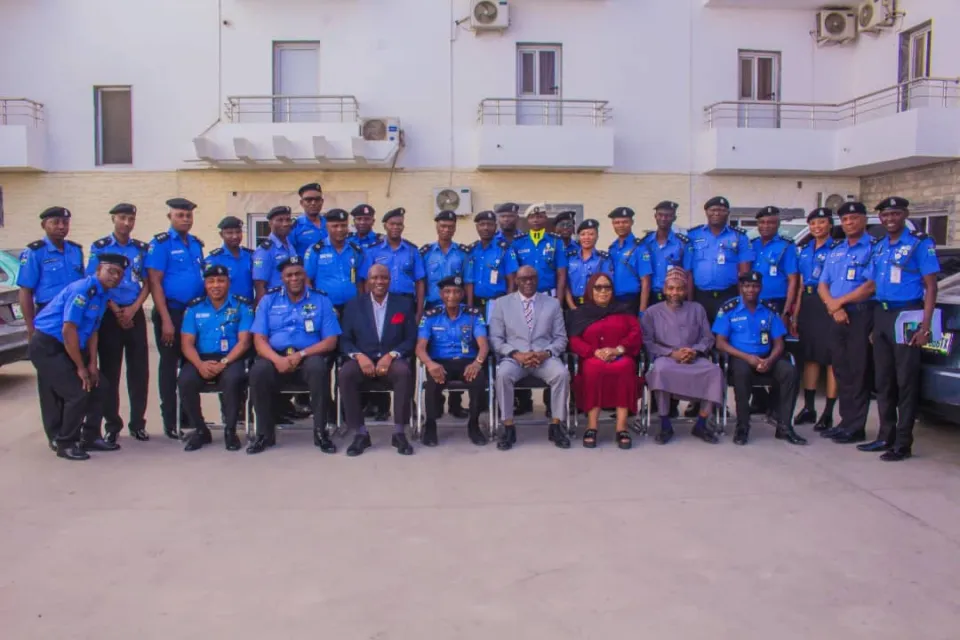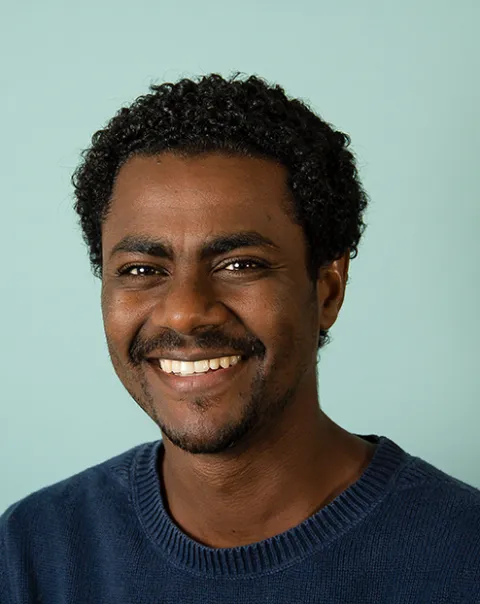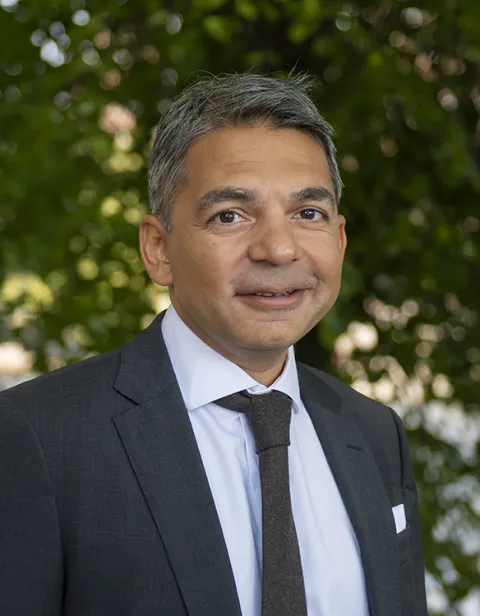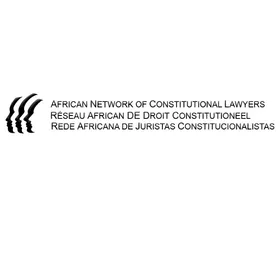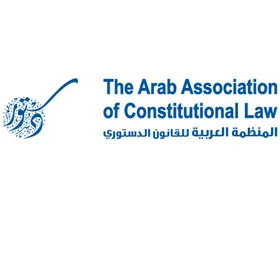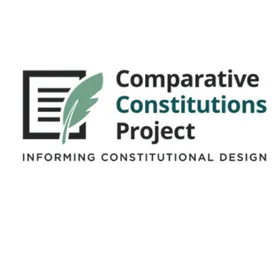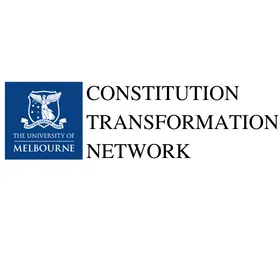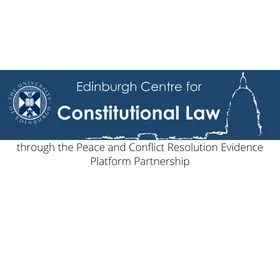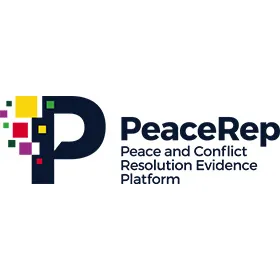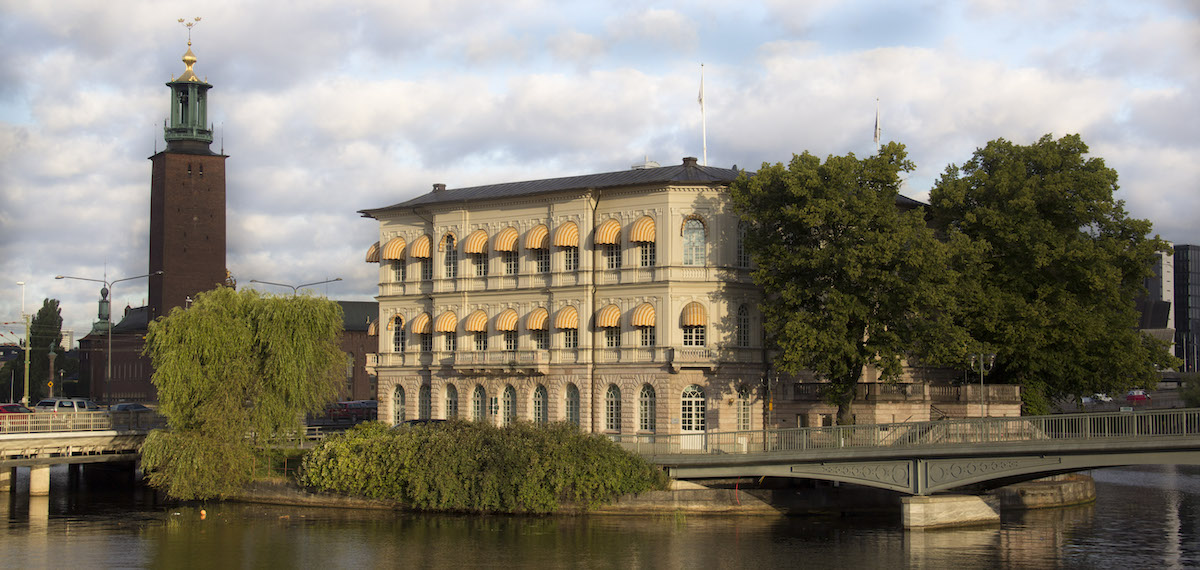
Constitutional transitions are not merely a legal process: they are inherently social and political processes. By changing the system which underlies governance and rights, they can reframe the social contract between citizens and state, and reshape the way in which individuals and groups access and exercise public power.
These constitutional change processes have high stakes. They can be easily captured by those who wish to entrench their own power. International IDEA is committed to supporting legitimate democratic actors to make sure that does not happen, whether by advising political leaders, constitution-making bodies or international partners, or by empowering civil society to fully participate in constitutional deliberations.
Constitution-makers are usually thrust suddenly into the spotlight without prior training or preparation and must learn quickly, as the consequences at stake are critical to the future of their country. International IDEA’s Constitution-Building Programme supports constitution-makers by providing knowledge and direct assistance in the area of constitutional transitions, both with regards to the processes through which constitutions are made, and the design of the constitutional text.
Our approach emphasizes the importance of national ownership – there is no process more sovereign than making a constitution. Rather than telling people what they should do, we seek to listen, act as an expert sounding board, and help to expand the constitutional imagination based on our comparative knowledge and experience in countries around the world.
The Constitution-Building Programme has six main areas of work:
1. Delivering In-Country Assistance
Building from its broad base of expertise, and in response to requests from national stakeholders, International IDEA provides direct support to constitution-making bodies, political actors and civil society groups. This can be in the form of memoranda, workshops and trainings, convening dialogues with peers from other countries, or closed discussions. Support is provided on both issues of process (how the constitution is changed) and design (what the constitutional text says). International IDEA has recently responded to requests for assistance across various regions and legal systems, including Armenia, Barbados, Belarus, Belize, Bolivia, Chile, Ecuador, Egypt, the Gambia, Libya, Mali, Myanmar, Nepal, South Sudan, Sudan, Sri Lanka, Tunisia, and Yemen. Read more.
2. Providing Thought-Leadership and Convening Networks
International IDEA leads the largest specialized knowledge generation programme in the area of constitution-building, making the organization a recognized thought-leader and convener in the field. International IDEA uses this status to bring together regional and global meetings of experts and practitioners within the fields of constitution-building, peacebuilding, democracy, rule of law, and democratic transitions. Read more.
3. Publications and On-Request Research
International IDEA has produced an unparalleled range of knowledge resources in the field of constitution-building, made freely available to download. International IDEA also provides current information and analysis regarding ongoing constitutional processes through ConstitutionNet, the online information hub for the constitution-building community.
In addition, because of its dedicated, in-house group of experts, International IDEA is uniquely situated to provide confidential, quick-response research for constitution-making bodies on specific questions regarding comparative constitutional design and processes. Read more.
4. Supporting Mediation Processes
In states emerging from violent conflict, effective mediation and peacebuilding focus on creating consensus around a new political settlement, for which constitution-building is central. This is why International IDEA’s Constitution-Building Programme places particular emphasis on conflict-to-peace transitions. It specifically aims to connect constitutional issues to the overarching peace process, and identify key constitutional design considerations for divided societies. In this regard, International IDEA provides mediation support related to constitutional issues, and seeks to bridge the divide between mediation actors and the constitution-building field. Read more.
5. Meeting the Challenges of Today and the Future
As the world evolves, constitutional design covers an expanding set of issues. For example, recent constitutional changes have seen innovations in environmental protection and countering climate change, as well as regulation of the state's responsibilities in the digital space. International IDEA finds and examines constitutional innovations from around the world and conducts research to support constitutional designers in ensuring constitutions respond to the changing realities of people and communities. Read more.
6. Strengthening the Guardrails of Constitutional Democracy
Constitutions are more than just words on a page; they are living commitments. Without a robust constitutional culture to uphold those commitments, they can easily become ineffective or be dismantled. While maintaining constitutional stability is important, it is also sometimes necessary to review and update constitutional frameworks to adapt to changing societies, or to better withstand potential threats to democracy. International IDEA supports state and civil society actors to conduct reviews and assessments of current constitutions, leading to recommendations for necessary changes. International IDEA also provides trainings and knowledge resources to support activities aimed at raising public awareness of constitutional issues. Read more.
ConstitutionNet
International IDEA hosts ConstitutionNet, the go-to hub for constitutional analysis, news and publications.



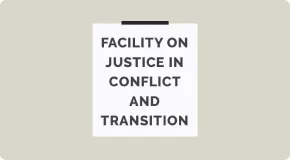
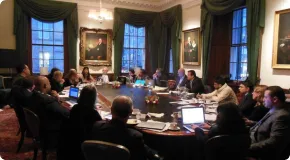
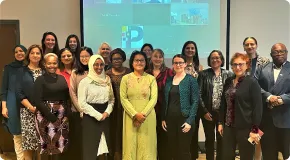

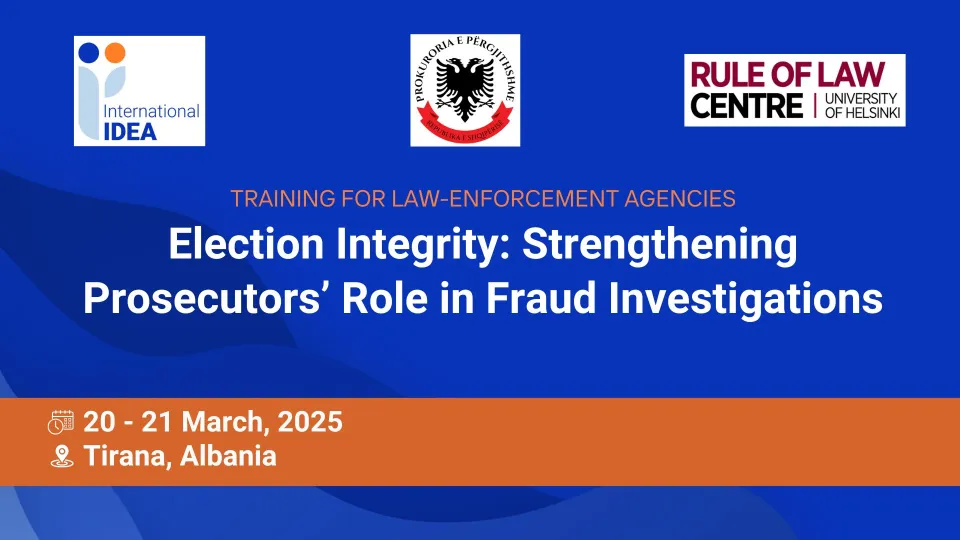
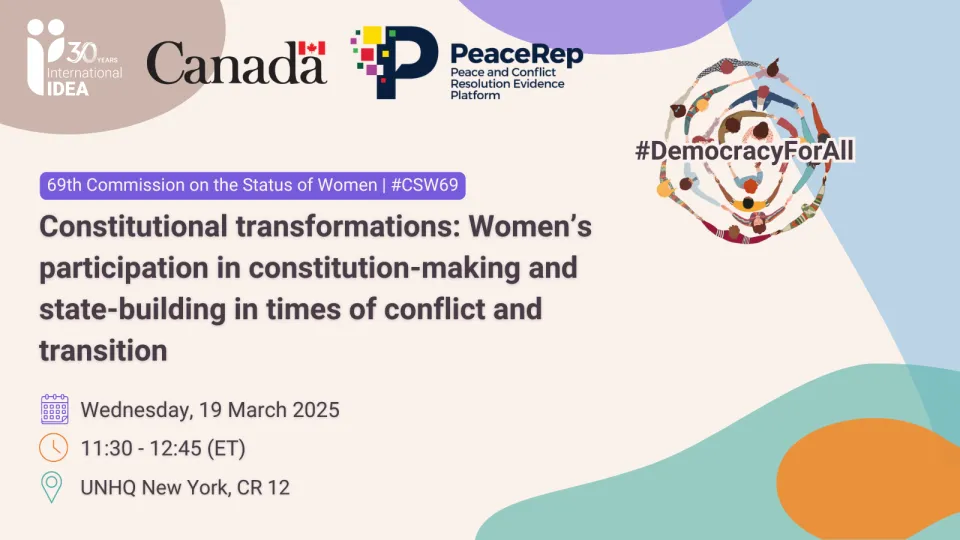
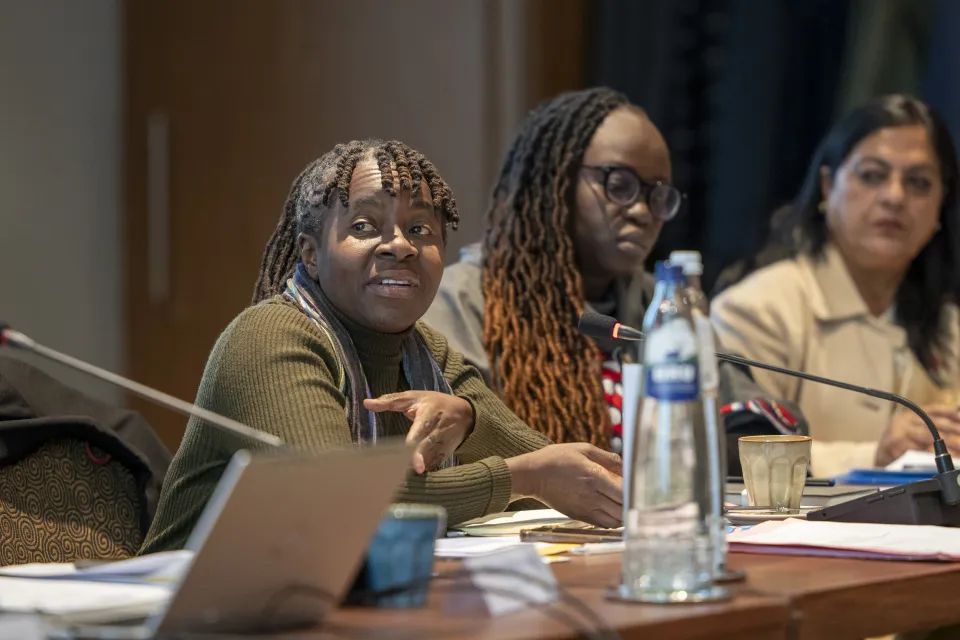
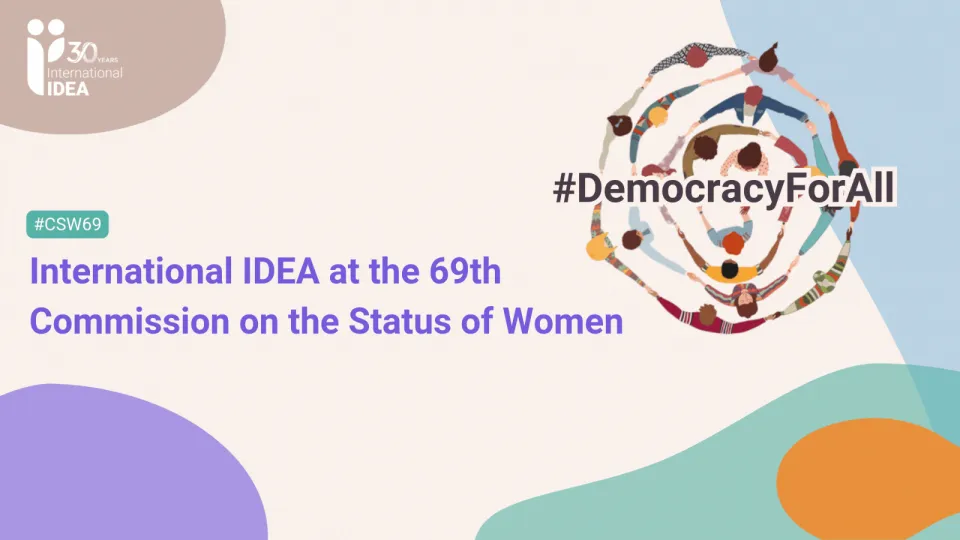
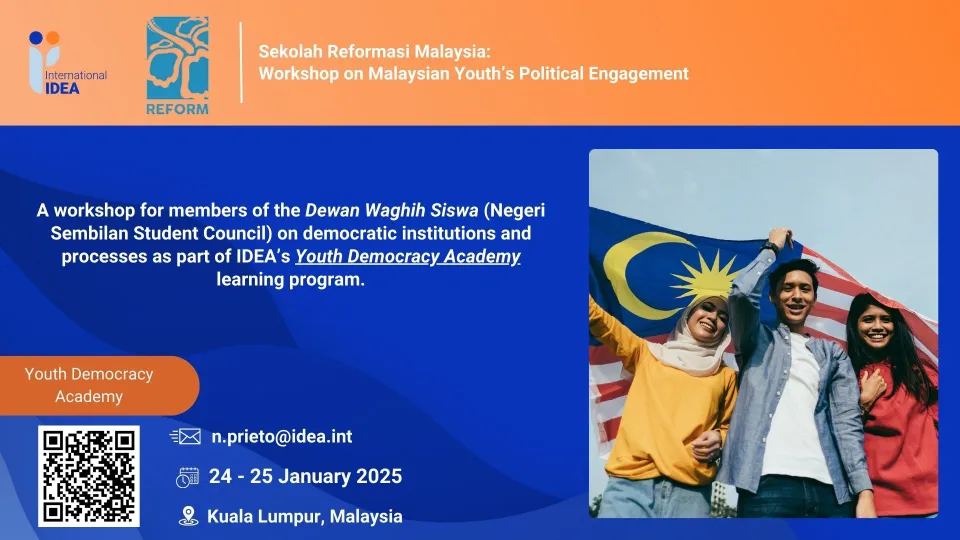
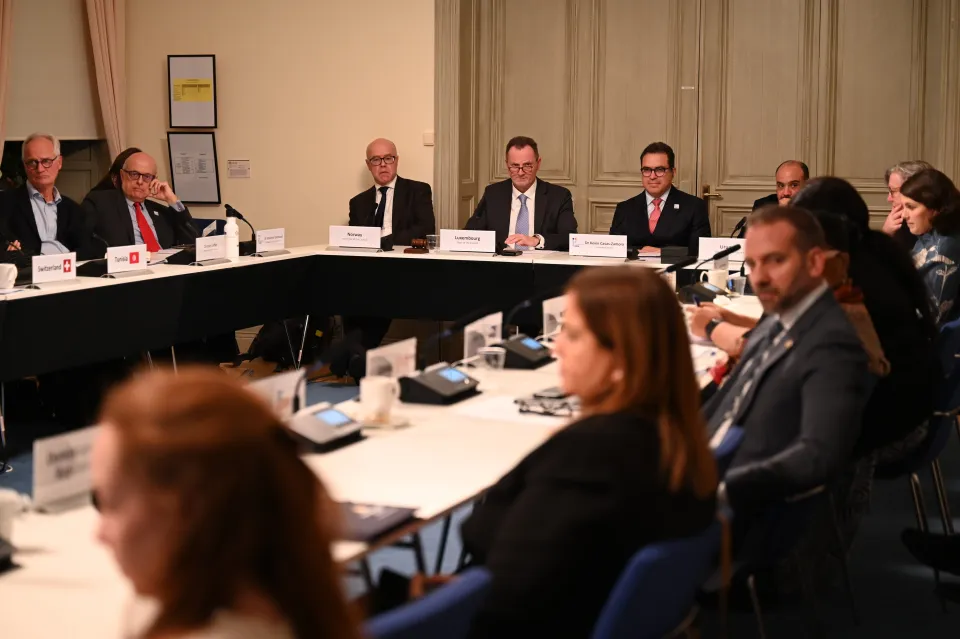

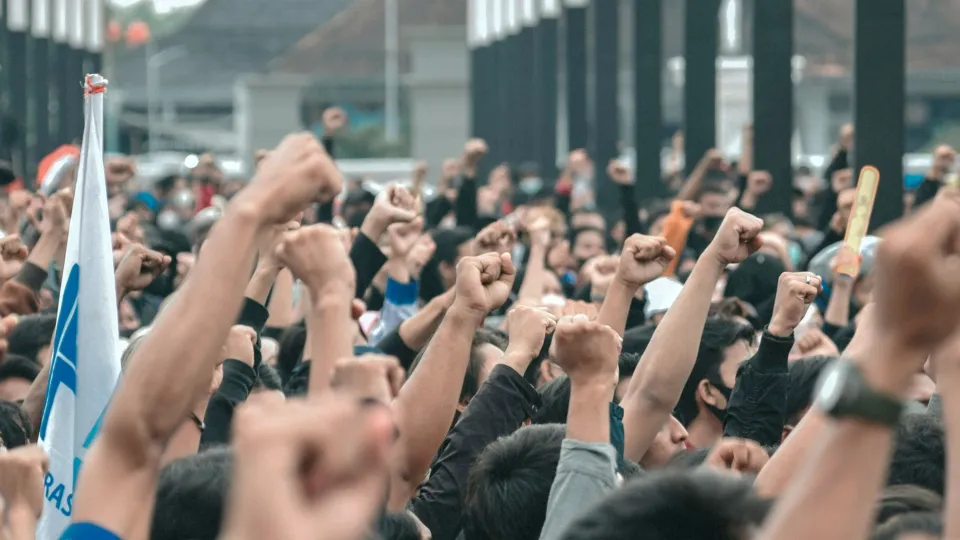
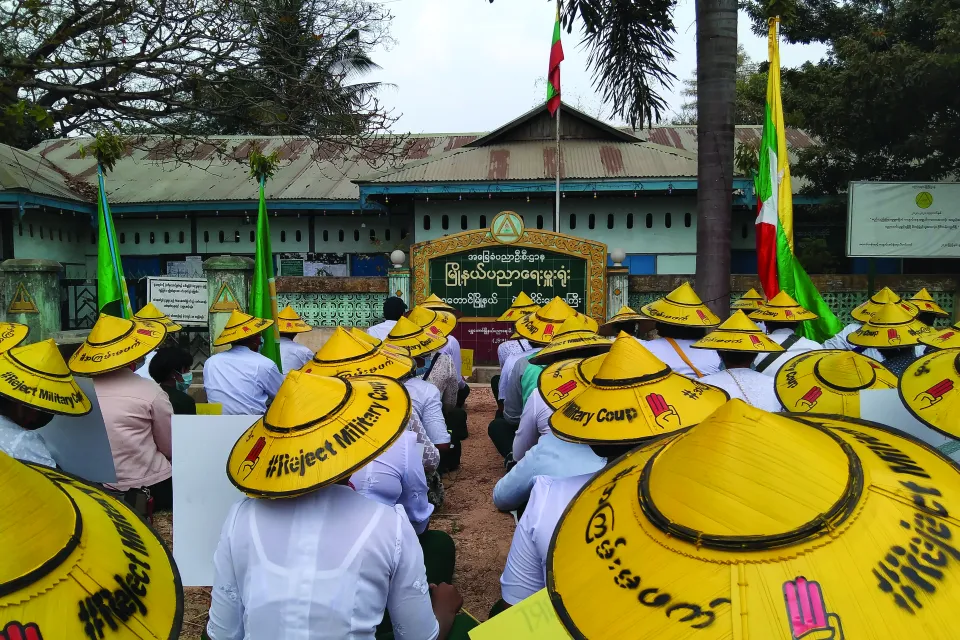
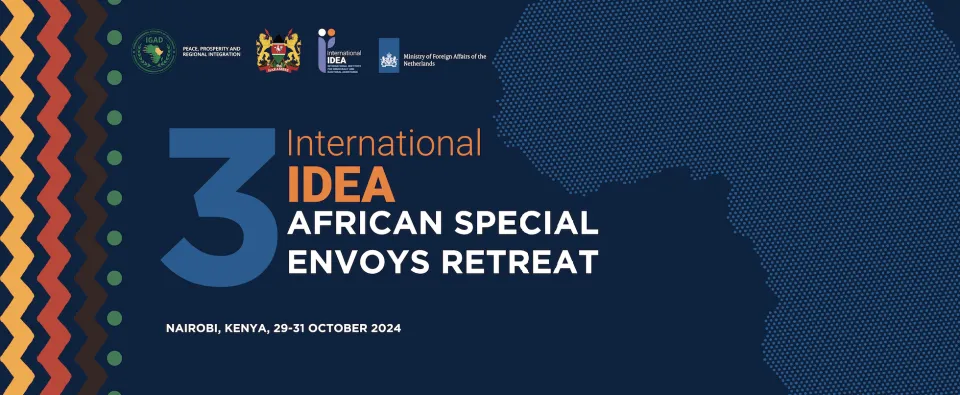
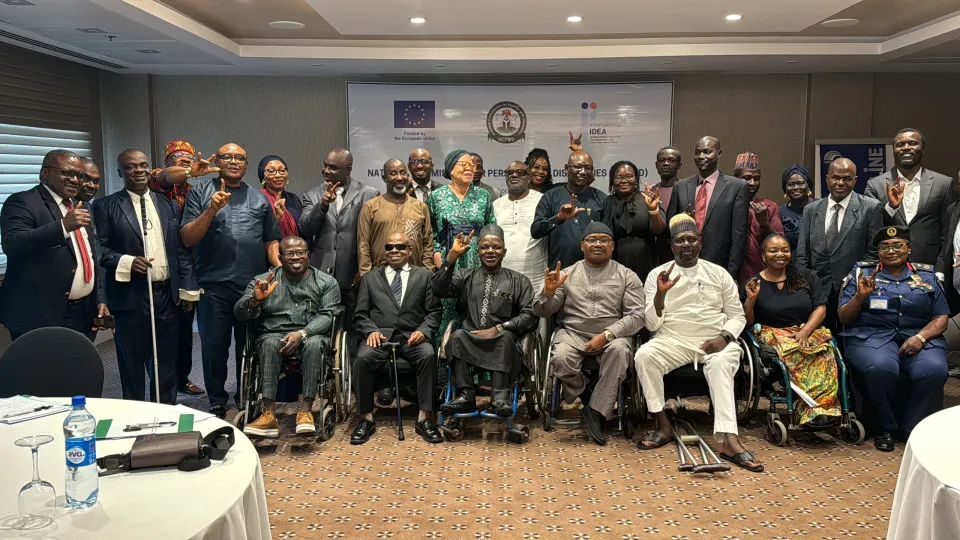
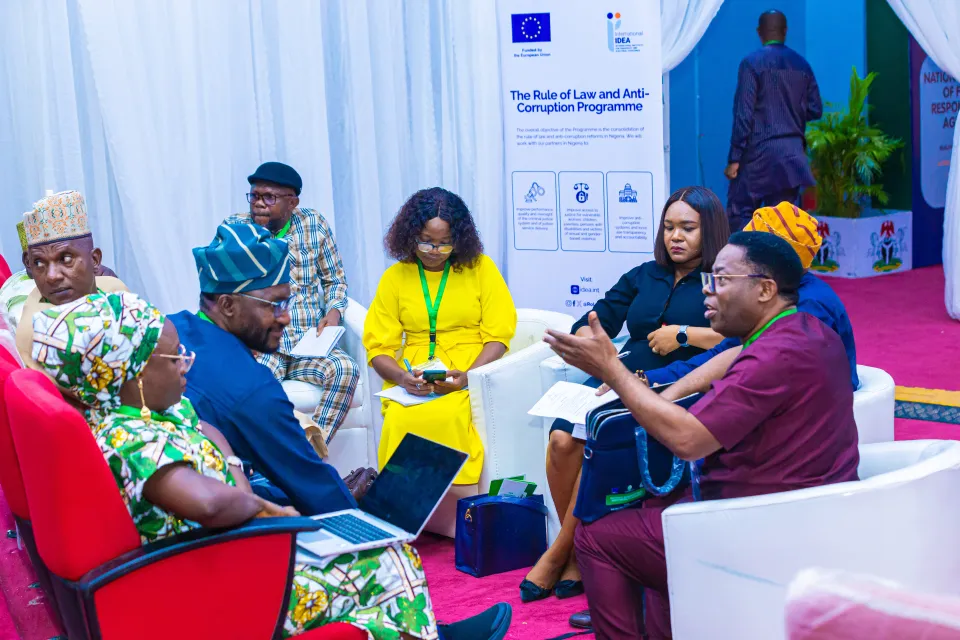
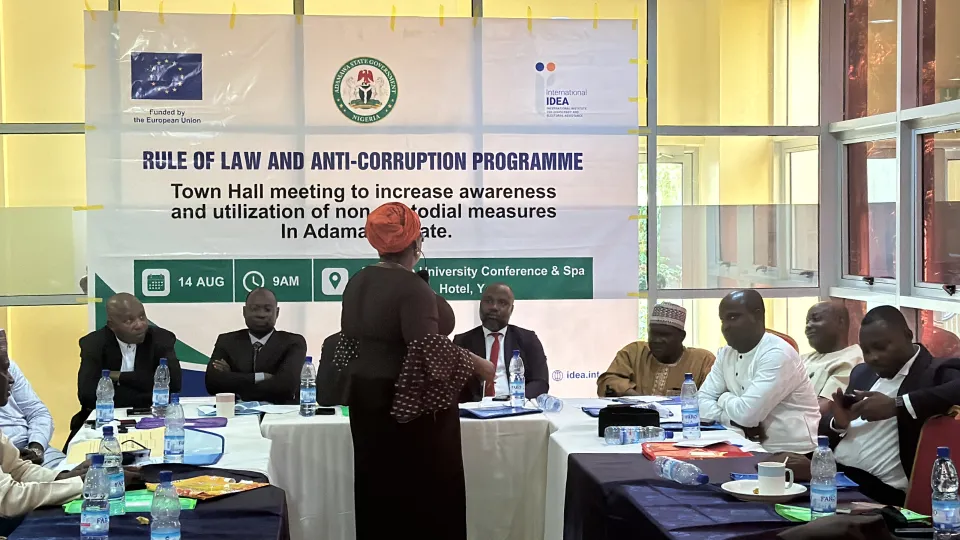
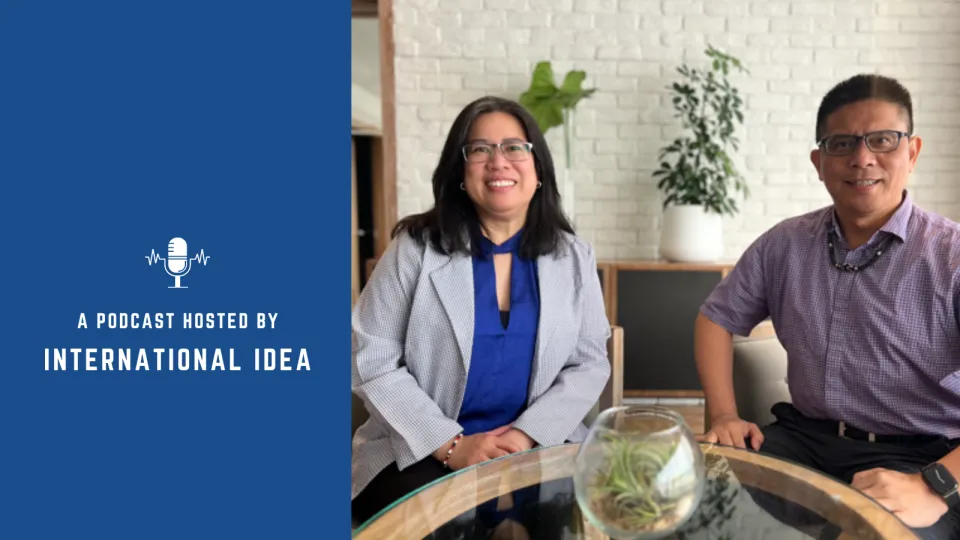
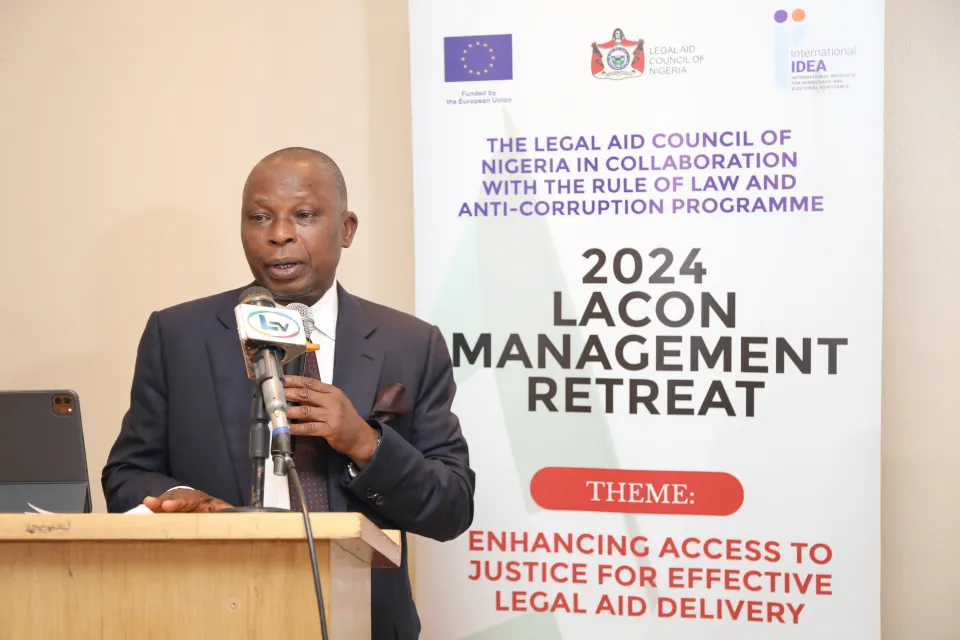
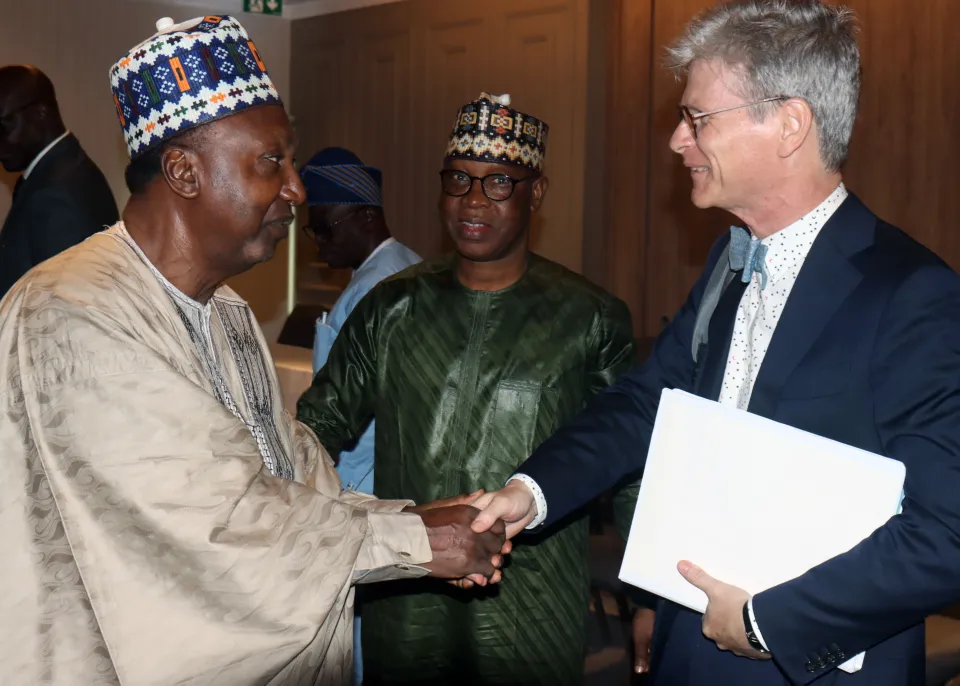

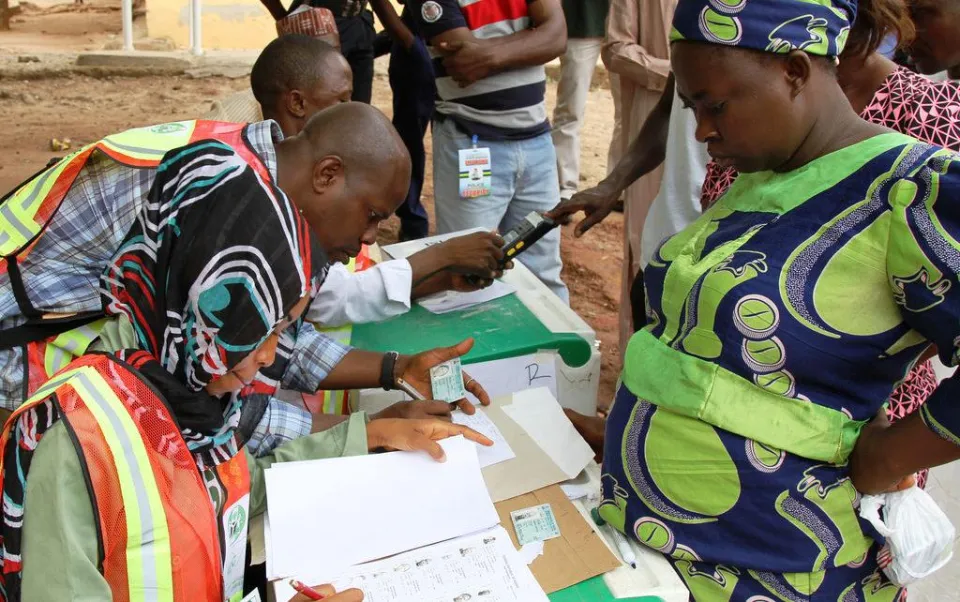
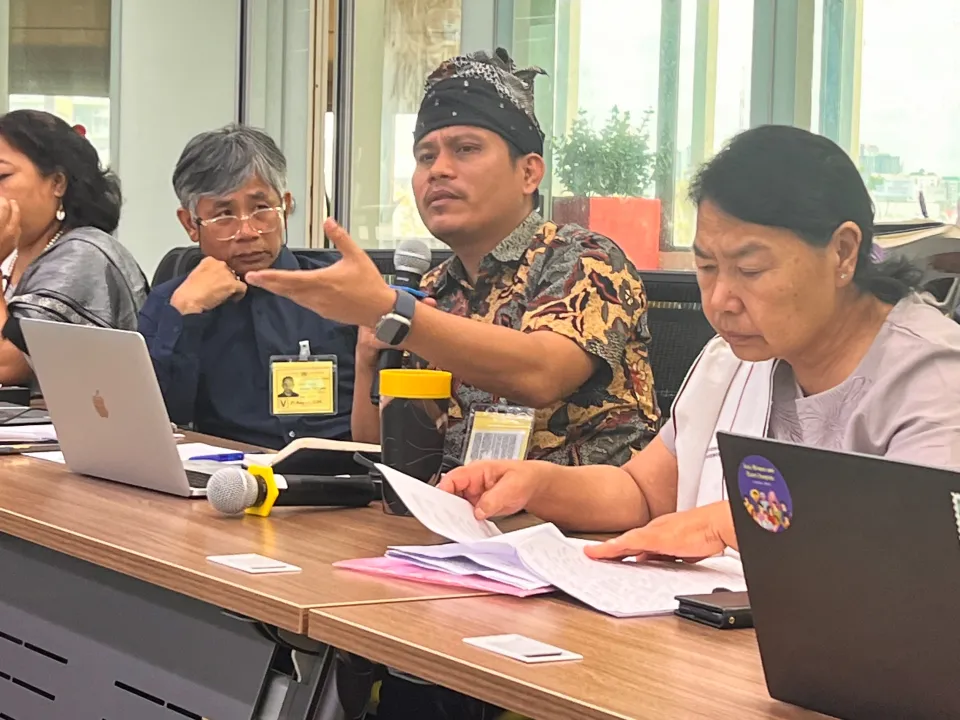
![Dr Fawaz Shareef, Founder of Maldives Centre for Policy Studies; Uza. Aishath Azima Shakoor; Uza. Fathimath Dhiyana Saeed. [Photo: Maldives Centre for Policy Studies]](https://www.idea.int/sites/default/files/styles/webp_480/public/2024-08/WhatsApp%20Image%202024-08-06%20at%2011.48.48.jpeg.webp?itok=pRaNdf-C)
